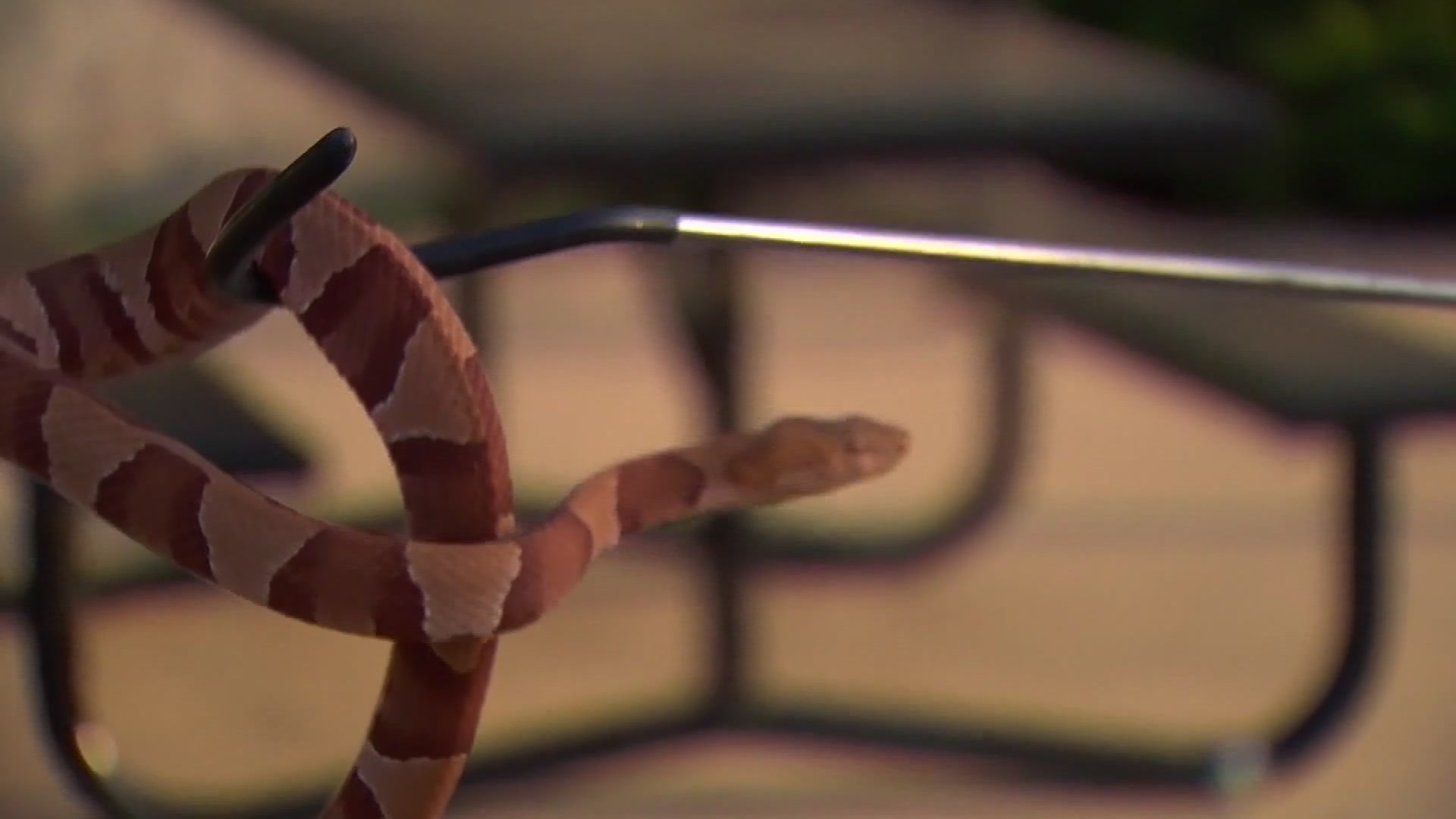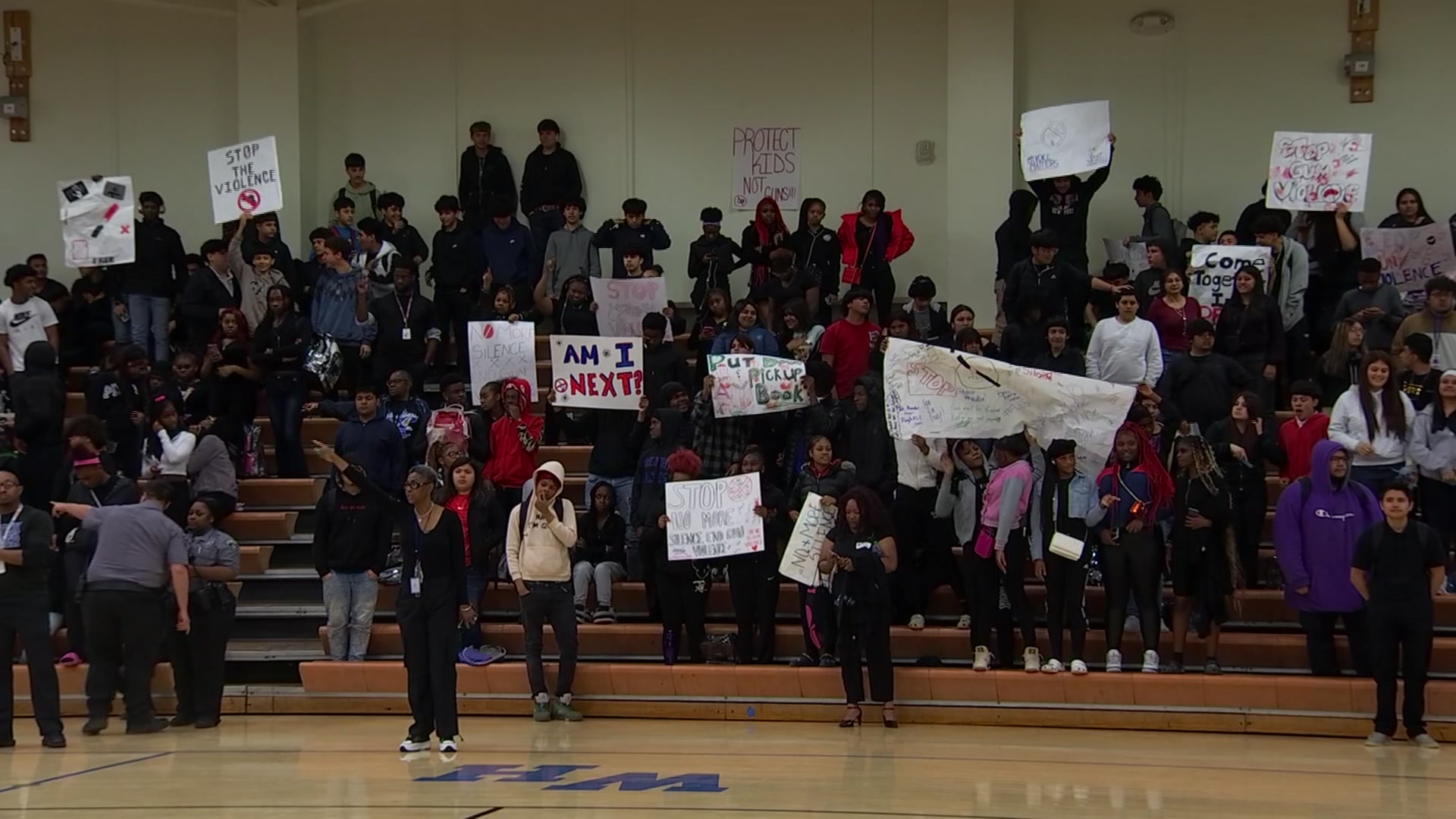North Texas health officials are urging early action to combat the threat of disease from mosquitoes after recent rains left standing water where mosquitoes breed.
Dallas city leaders Monday heard the 2015 mosquito control plan from city and county health officials.
The plan mirrors strategy used in 2014 when Dallas County reported no human deaths from West Nile virus.
“This is the time. This is the time to drain the standing water,” said Dallas Assistant Code Compliance Director Janette Weedon.
Small amounts of water in pans beneath plants can be enough to breed disease carrying mosquitoes, she said.
“Go throughout your neighborhood. Look throughout your yard and just get rid of breeding sites,” Weedon said.
Dallas has positioned 96 mosquito traps around the city to collect mosquito samples for disease testing. That’s three times as many as at the start of 2012. Nearly 400 people fell ill and 21 people died from West Nile virus in 2012 in Dallas County.
Local
The latest news from around North Texas.
“And then we also have special traps we deploy based on concern from citizens, so I think we’re in a better position than we were in 2012,” Weedon said.
Mosquitoes trapped this year are being tested both for the presence of West Nile virus and for the potential of chikungunya virus. Eleven imported cases of chikungunya have been confirmed in Dallas County from people infected elsewhere but none from local sources.
The plan also calls for faster testing and spraying response if disease is found compared with 2012.
Public information will include radio, television, billboards, phone calls and water bill inserts in the city of Dallas.
Officials intend to respond to neighbor code enforcement complaints about standing water within one day.
Dallas City Council Member Sandy Greyson represents a North Dallas area that’s been heavily impacted by West Nile virus in the past.
“Lots of people got very ill and I knew some of the people in my district who actually got West Nile virus, the most severe form, and were hospitalized for a long time. This is serious stuff,” she said.
Greyson said Dallas must take all possible precautions to help avoid another severe outbreak.
“It has been very wet this spring, this early spring,” she said. “And of course that’s great for our lakes. We need the rain. But at the same time, we need people to be aware.”



